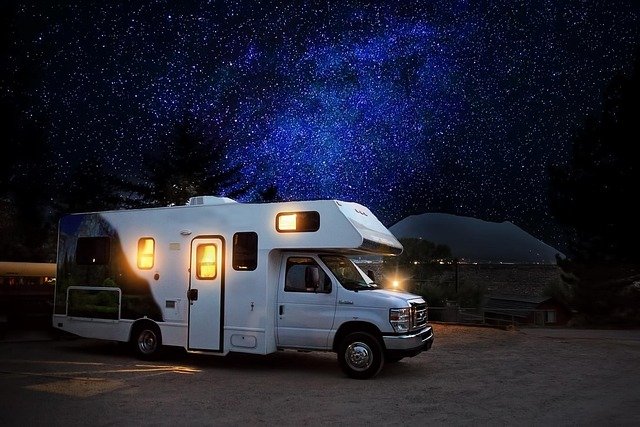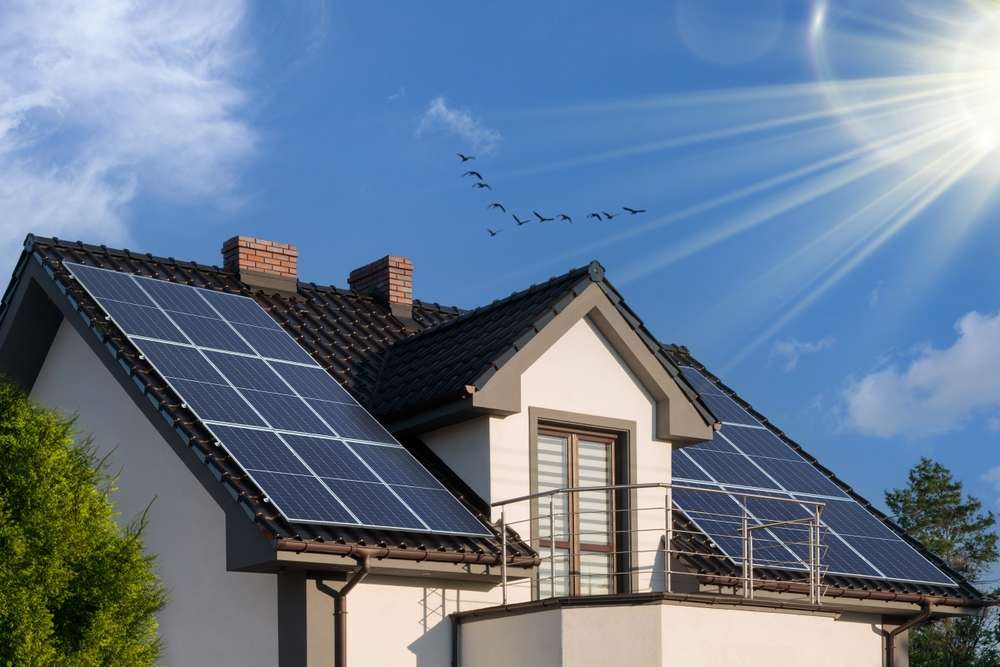Finding the Best Used RV Deals: Your Complete Buying Guide
Buying a used RV can unlock affordable travel freedom. From compact campers to full-size motorhomes, pre-owned units often come with upgrades from previous owners. Learn how to inspect condition, review maintenance records, and compare pricing before you buy.

Buying a used RV opens up a world of travel possibilities without the hefty price tag of a brand-new model. The pre-owned RV market offers a wide range of options, from compact camper vans to spacious motorhomes, each with unique features and price points. However, making a smart purchase requires careful research, thorough inspections, and a clear understanding of market values. This comprehensive guide will help you navigate the process and find a used RV that fits your budget and lifestyle.
What Makes Used RV Deals Worth Considering?
Used RVs present several advantages over new models. The most significant benefit is depreciation avoidance. New RVs can lose 20 to 30 percent of their value within the first few years, meaning a gently used model offers substantial savings while still providing years of reliable service. Additionally, the used market provides access to a broader selection of brands, floor plans, and features that may no longer be available in current production models. Many pre-owned RVs have already been upgraded by previous owners with solar panels, upgraded appliances, or enhanced storage solutions, adding value without additional investment. For budget-conscious buyers, purchasing used allows for a higher-quality RV at a lower price point compared to entry-level new models.
How to Find the Best RV Deals in Your Area
Locating quality used RVs requires a multi-channel approach. Start by exploring online marketplaces such as RV Trader, Craigslist, and Facebook Marketplace, where private sellers and dealers list their inventory. Local dealerships often have trade-ins and certified pre-owned options with warranties and financing packages. RV consignment lots specialize in connecting buyers with sellers and may offer inspection services. Attending RV shows and expos in your region can provide opportunities to compare multiple models and speak directly with sellers. Networking within RV clubs and online forums can lead to word-of-mouth deals before they hit the public market. Seasonal timing matters as well; shopping during fall and winter months often yields better prices as demand decreases and sellers become more motivated.
Essential Tips for Inspecting Used RVs
A thorough inspection is critical to avoid costly surprises after purchase. Begin with the exterior, checking for signs of water damage, cracks, or delamination in the walls and roof. Inspect seals around windows, doors, and vents for deterioration. Examine the undercarriage for rust, frame damage, or leaks from holding tanks. Inside, test all appliances including the refrigerator, stove, furnace, air conditioning, and water heater. Check the plumbing system by running faucets and flushing the toilet, looking for leaks or weak water pressure. Inspect the electrical system by testing outlets, lights, and the generator if equipped. Examine slide-outs for smooth operation and proper sealing. Check tires for age, tread depth, and sidewall cracking, as RV tires typically need replacement every five to seven years regardless of mileage. If possible, hire a certified RV inspector to conduct a comprehensive evaluation before finalizing the purchase.
Understanding RV Pricing and Market Values
Knowing what a used RV is actually worth helps you negotiate effectively and avoid overpaying. Several factors influence pricing, including age, mileage, condition, brand reputation, floor plan popularity, and included amenities. Research comparable models using resources like NADA Guides and RV Trader to establish baseline values. Consider that Class A motorhomes typically range from $30,000 to $150,000 used, depending on age and features. Class B camper vans generally fall between $40,000 and $100,000 in the used market. Class C motorhomes often range from $25,000 to $90,000. Travel trailers and fifth wheels vary widely, from $8,000 for older models to $50,000 or more for recent luxury units. Geographic location affects pricing, with higher prices in areas with strong RV culture and lower prices in regions with shorter camping seasons.
| RV Type | Typical Age Range | Estimated Price Range | Key Considerations |
|---|---|---|---|
| Class A Motorhome | 5-15 years | $30,000 - $150,000 | Maintenance costs, fuel efficiency |
| Class B Camper Van | 3-10 years | $40,000 - $100,000 | Compact size, easier to drive |
| Class C Motorhome | 5-12 years | $25,000 - $90,000 | Good balance of space and maneuverability |
| Travel Trailer | 5-20 years | $8,000 - $50,000 | Requires tow vehicle, lower operating costs |
| Fifth Wheel | 5-15 years | $15,000 - $70,000 | Spacious interior, requires heavy-duty truck |
Prices, rates, or cost estimates mentioned in this article are based on the latest available information but may change over time. Independent research is advised before making financial decisions.
Financing and Insurance Considerations for Used RVs
Securing financing for a used RV differs from traditional auto loans. Many lenders offer RV-specific loans with terms ranging from 10 to 20 years, depending on the loan amount and RV value. Interest rates for used RVs typically run higher than new models, often between 5 and 10 percent, varying with credit scores and down payment amounts. Credit unions and specialized RV lenders often provide competitive rates compared to traditional banks. Some buyers opt for home equity loans or lines of credit if they offer lower interest rates. When it comes to insurance, used RVs require specialized coverage that accounts for living quarters, personal belongings, and liability. Factors affecting insurance premiums include RV type, value, usage frequency, storage location, and your driving record. Full-timer policies are available for those living in their RV year-round. Always obtain multiple insurance quotes and compare coverage options before purchasing.
Making Your Final Decision
After researching, inspecting, and evaluating your options, making the final decision involves balancing your needs, budget, and long-term goals. Consider not just the purchase price but also ongoing costs such as maintenance, storage, insurance, and fuel. Verify the title is clear and free of liens before completing the transaction. Request maintenance records to understand how well the RV has been cared for. Negotiate confidently based on your research and inspection findings. Once you’ve found the right RV at the right price, complete all paperwork carefully and ensure proper registration and insurance coverage before hitting the road. With thorough preparation and informed decision-making, you can secure a quality used RV that provides years of memorable adventures.




